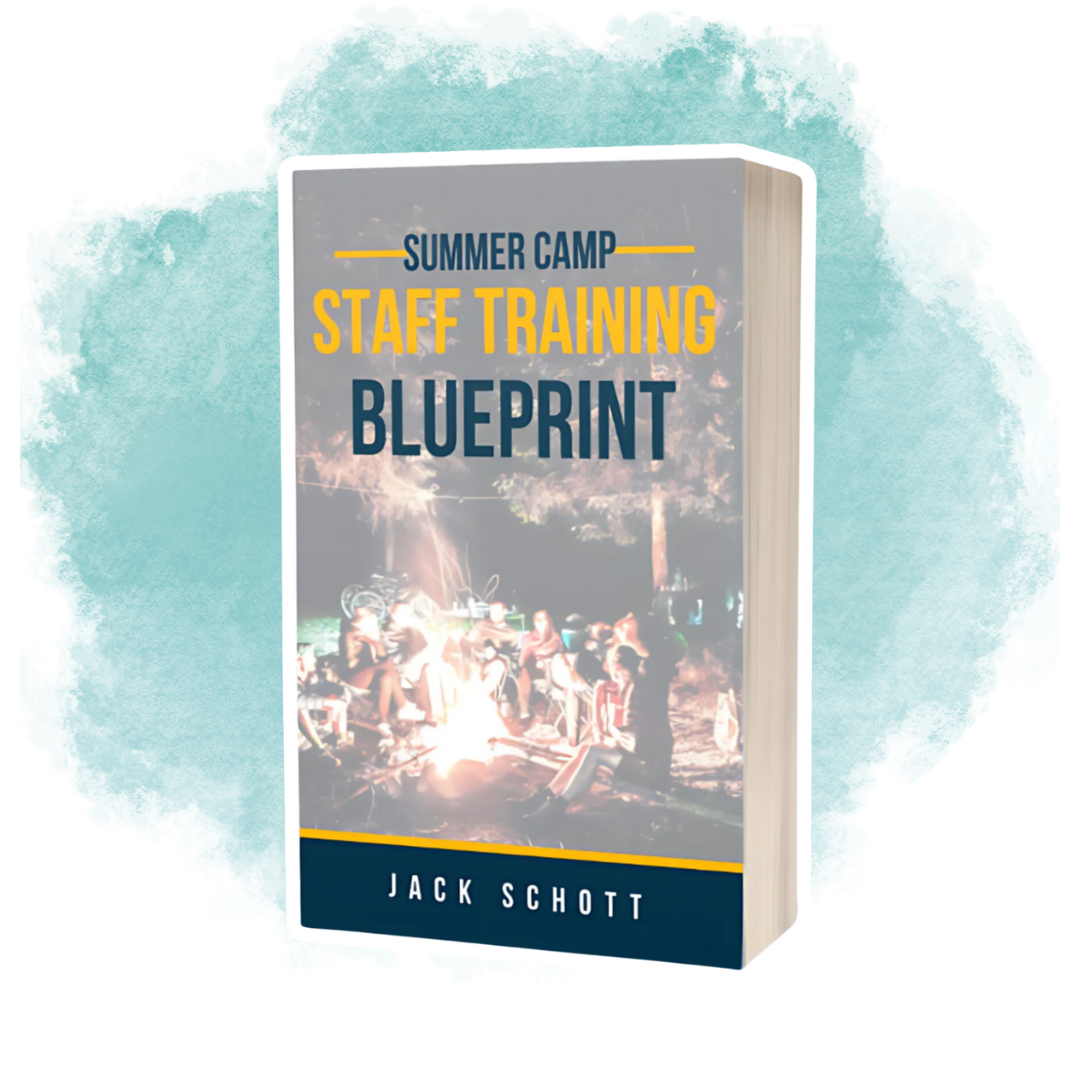The Power of Boredom
Why are we afraid of boredom at camp? One could say that the job of a summer camp counselor is to entertain kids, so are we bad at our jobs if our campers are bored? My answer would be absolutely not. Boredom paired with the opportunity for exploration brings some of the most creative play and impactful personal growth I’ve ever seen.
When kids have the time and space to be bored and the opportunity to decide what to do about it, they often have big, powerful, and imaginative experiences. Maybe they decide to make a life-size dragon out of cardboard or interact with someone they haven’t met before or they just try something new at camp. Boredom is uncomfortable, but it often pushes us to grow and explore in ways we don’t have time for or may not have thought of when we’re constantly busy or being entertained.
Boredom is a skill. Learning how to be bored means you have to figure out how to be with yourself and identify what you actually want to do, not what someone else tells you that you should be doing. Boredom is uncomfortable; it challenges us to seek out what we truly enjoy and value. Camp is the perfect environment for kids to learn how to sit in the discomfort of boredom and find excitement and connection through it.
But… Conflict?
I often hear that the most conflict happens during down time. Conflict isn’t necessarily a bad thing, in fact I would argue it’s necessary and actually builds deeper connection, but that is for another blog post. Times that are less programmed at camp mean that there is a higher chance that kids will get bored, so then conflict gets linked to boredom. However, just like conflict, boredom at camp isn’t necessarily an issue; when paired with choice and tools for exploration boredom can be used to promote intrinsic motivation, highly creative play, connection, self-awareness, and so much more.
Free play
Free play and boredom are interwoven. At Stomping Ground we have an area called Downtown. It’s a place where campers are free to roam and get up to whatever they want. It consists of spaces like the makerspace, the library, gaga ball, and the adventure playground. It's a mixed age space where kids can play freely, and it’s filled to the brim with loose parts. An architect named Simon Nicholson developed the theory of loose parts; he says that “an environment which is rich in open-ended materials and real materials, invokes children to experiment, engage, construct and invent; invites them to tinker, to manipulate and to play.” Downtown feels like the heart of camp and is arguably where much of the magic of camp comes from; it’s a camper-led space that encourages kids to lead with their curiosity and to play and invent, but it also holds a lot of boredom.
When we give kids opportunities for free play we’re also opening up the door to boredom. We are showing campers that we trust them to spend their time in a way that feels fulfilling and fun, this can feel like a big decision for some campers. There is so much structure in kids' lives; unstructured time can sometimes be confusing, we're so used to being kept busy that when we are expected to entertain ourselves we aren’t always sure what to do. Every person is different, some thrive in more structured ridgid environments and some in completely free and open spaces, which is why choice is important.
When we give campers the option to be bored in a space full of tools for exploration (loose parts) we’re helping them learn how to find what makes them truly happy. We aren’t taking away the exciting and fun activities that keep campers engaged and create lifelong memories, but we’re pairing them with an invitation for exploration through boredom. It’s important to also offer spaces with more structured activities, giving campers choice creates a space where all kids can thrive.
the challenge
I want to challenge you to look at your daily schedule or overall camp structure and see how much space there is for boredom. I’m not saying that you should throw away the fun games, silly skits, and all of the engaging and exciting spaces we create for kids, but my hope is that you see the power and opportunity in also creating time that allows for boredom and exploration.
but how do I supervise this?!
Jack has you covered in this blog.
Want to connect with other camps who believe in the power of free play?
We’re constantly talking about this and so much more with our TSCS members. Join a community of camp professionals who believe that kids learn to make decisions by making decisions.
maddy linder
Blog contributor
Camp director
Stomping Ground
Maddy can be reached at maddy@campstompingground.org.

Ready to Elevate Your Summer Camp Staff Training?
Empower your camp staff with the tools they need for success.
Visit our dedicated training site for expert resources, training modules, and more.


